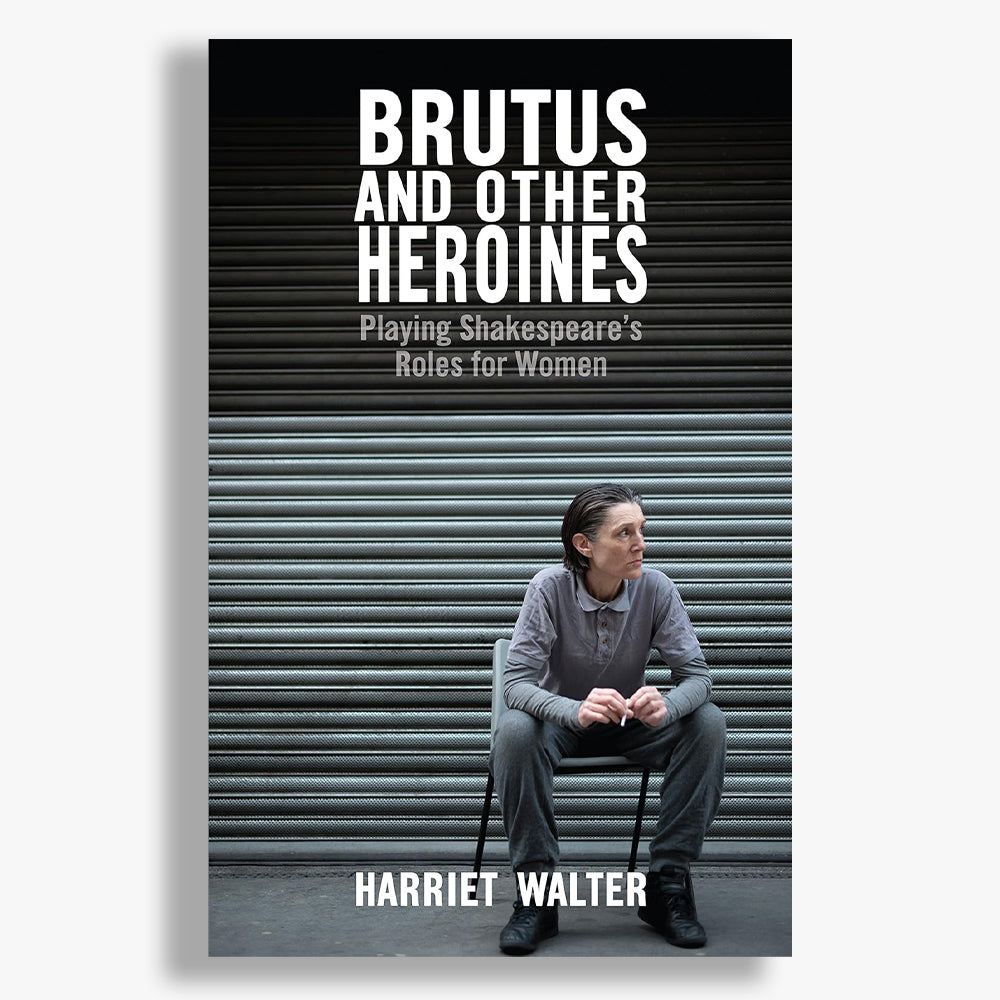Brutus and Other Heroines: Playing Shakespeare's Roles for Women
- Regular price
- £14.99
- Sale price
- £14.99
- Regular price
- £12.99
- Unit price
- per
Details
Author: Walter, Harriet
Format: Paperback / softback
Pages: 224
Publication date:
Publisher: Nick Hern Books
General Product Safety Information
For books the EU representative is usually the publisher or authorised agent. Contact details for EU representatives are provided within the book or its packaging. For most titles, this information is provided on the imprint page of the book.
If you have any questions regarding product safety or you need assistance in contacting the authorised EU representative for a book or play you have purchased, please contact us.
Free shipping
We are pleased to offer our customers free standard delivery for UK orders over £60, excluding print-on-demand apparel.
Delivery costs
UK Standard: (excluding Northern Ireland)
Below £60: £4.95
Over £60: FREE
UK Special Delivery:
Under £50: £11.95
Over £50: £16.95
Europe
Under £50: £12.00
Over £50: £25.00
International
Below £50: £15
Over £50: £30
Delivery times
Our standard delivery times vary according to the delivery destination. For in stock items, we aim to deliver within:
UK 2–5 working days
Europe 5-7 working days
International 10–14 working days
Click and collect
We are pleased to offer you the option of collecting your order in person at our bookshop for free!
You can collect your order from our bookshop between 10.00 am - 10.00 pm, Monday - Saturday.
You will receive an email from us when your order is ready to be collected.
Please read our delivery information page for more details.
International orders
At present, we are only able to ship out books and plays to Europe and US due to shipping regulations. We hope to reopen more product groups soon. Thank you for your patience whilst we work on resolving this.
























